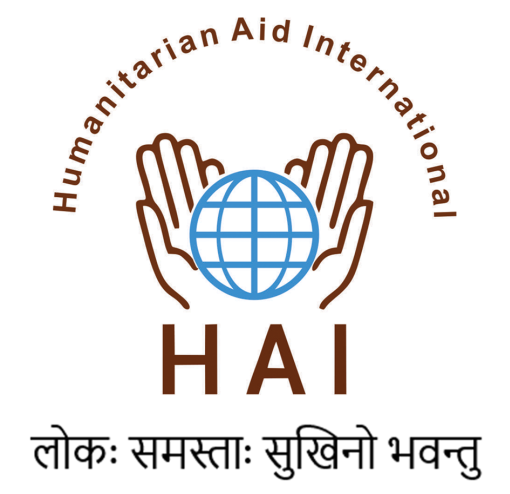The state of Kerala, India suffered the worst floods in August 2018. This unprecedented scale of the disaster was adequately covered by the national and international media, which helped in attracting national and international actors to join the state government’s efforts on relief, recovery and rehabilitation. Quite a few actors are signatories of Grand Bargain (GB) and/or Charter for Change (C4C).
While we see another mega humanitarian response unfolding, there is a likelihood that the commitments made under the GB and C4C may again get overlooked. We already see many international organisations working directly through their national branches. Only a few are partnering with local organisations. Given that it was felt timely by the Alliance for Empowering Partnership, founded by a few organisations from Asia, Africa and Europe, to issue an appeal to them. Please read here our full Statement on Kerala.
